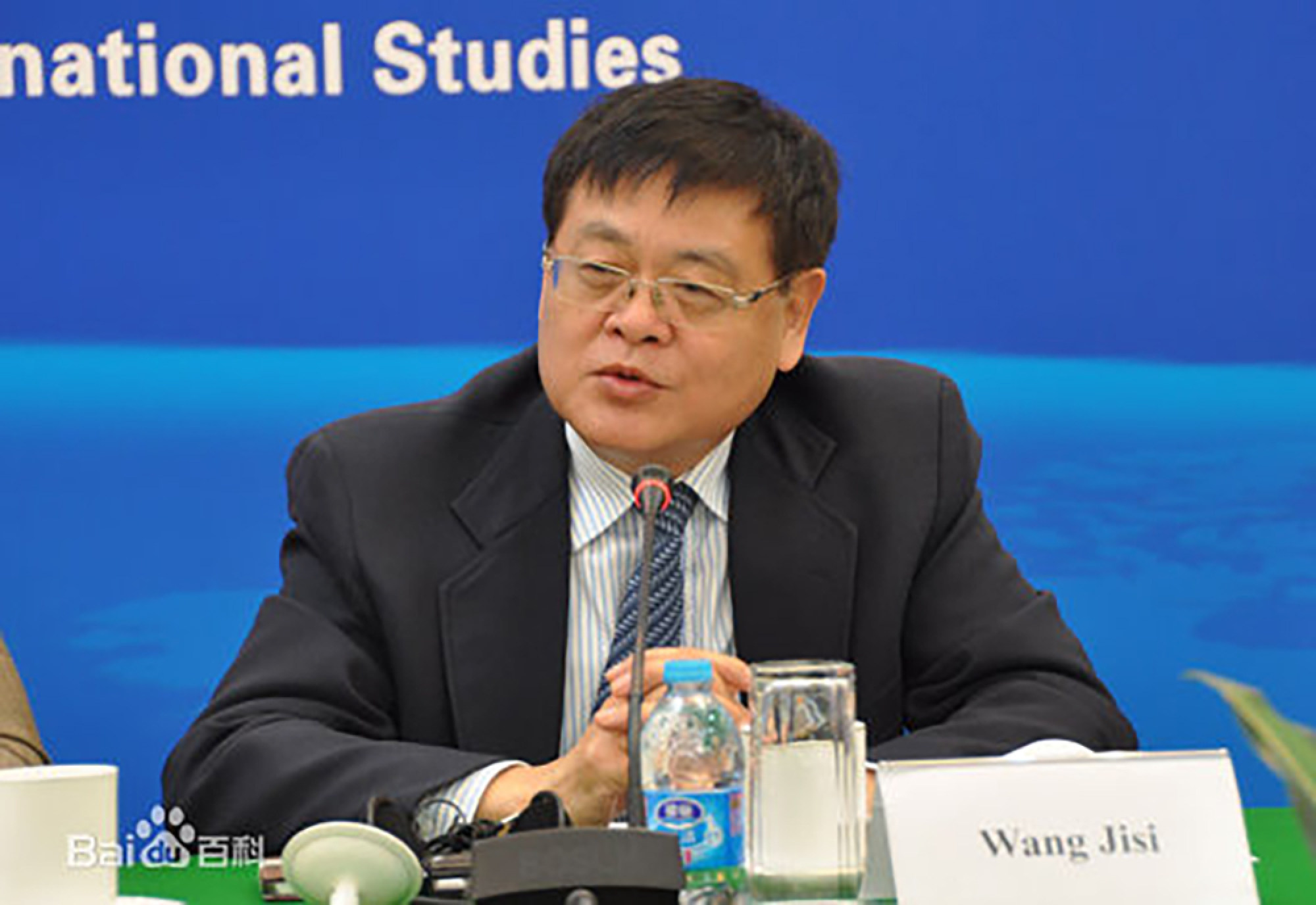China’s approach to US relations now dominated by focus on ‘East v West’ civilisational differences, says leading Chinese scholar
“China’s current political and ideological debates with the United States are essentially defined in China along nationalist, cultural and civilisational queues – ‘the East versus the West’ – not between socialism and capitalism, between proletariat and bourgeoisie, or between worldwide proletariat revolution and imperialism in the traditional Marxist-Leninist conceptual framework,” Wang wrote.
Narrative war: China’s TikTok users are being told that Aristotle did not exist
He said the other notable shift is the “absence of Leninism”, which could be related to the Leninist emphasis on violent revolution and other radical ideas that the ruling Communist Party “no longer holds”.
He also warned that as a result of these changes the “bar is higher today” for scholars in both China and the West to collaborate because of “increased sensitivities” in areas such as ancient and modern history, including the party’s own past, ethnic relations, religion, social welfare, demographic changes, culture and current political and economic transformation.

This also limits the scope for Chinese international relations specialists to evaluate Chinese’s foreign policy, especially regarding the US, he said.
US-China relations have deteriorated sharply in recent years as the two sides clash over geopolitics, trade, technology and human rights. Washington has said the relationship is one between “systemic rivals”, although China has rejected this framing.
Elsewhere in the report, published on Wednesday, contributors warned of the impact that both sides’ focus on national security was having.
The Year of the Loong? China’s dragons ‘are not’ the West’s ‘giant reptiles’
“The over-securitisation of every element of the relationship is restricting a more comprehensive recoupling of ties, a vexing situation which is stifling research, limiting overseas study, reducing mutual understanding, and harming the national interest of both countries.” Scott Kennedy, senior adviser and trustee chair in Chinese Business and Economics at the CSIS, said in the introduction to the report.
Kennedy added that Beijing and Washington must lay a stronger foundation for relations between the two countries, especially for academic cooperation, but academics need to “ensure that their principles are protected and their mission furthered”.